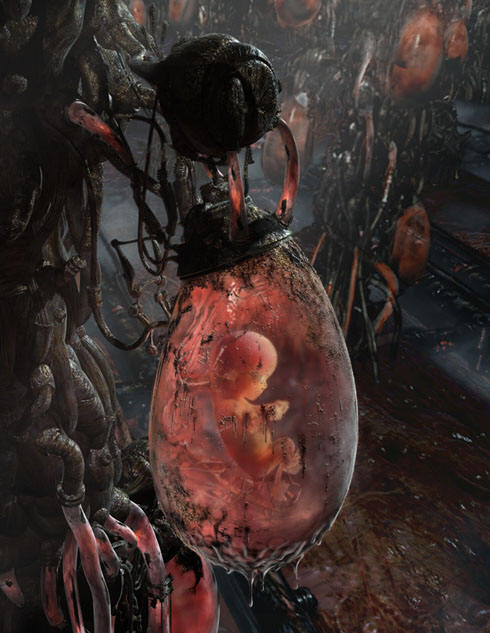Raise your hand if that book has been made into a film?
Raise your hand if that film was any good.
 |
| Didn't think so... |
It's hard to explain what, exactly, draws people to this series. It certainly isn't the lovable characters, has anyone else noticed how Harry has all that money in the bank and so far (I'm on the fifth book) there hasn't been one mention of him giving gifts to anyone. In fact, the Weasley's are broke as a toaster but he still scrounges off them for a place to stay and eats their food. And he can't claim ignorance because at the start of the fourth book Harry gets a letter from Hermione telling him it's her birthday in a couple weeks. Still, nothing... But before I get too annoyed at a fictional character, lets move on to reason number one:
Reason 1 - Films are too short:
This is my biggest problem with book-based films. It is impossible to have an accurate retelling of any book and keep everything in there. The issue with this is all those small, insignificant parts of the book that have nothing to do with the plot? I'm pretty sure they're called "character development". Without those bits, Harry is just a guy who goes to school that messed up stuff happens to. I personally feel if a film is based on a book I have read, it's near impossible to connect with the on-screen versions of the characters.
Film versions of books are, to me, like if you read through a book and just decided to skip every other chapter. You wouldn't have a good idea of who the characters were by the end of the book, would you? Which, somehow, leads me to my next point.
Film versions of books are, to me, like if you read through a book and just decided to skip every other chapter. You wouldn't have a good idea of who the characters were by the end of the book, would you? Which, somehow, leads me to my next point.
If I could be bothered with the hassle, at this point I would have found a page from a script of one of these films and compared the length to about four pages from the book. The reason for this, as indicated by the sub-title, is because most books take place mostly in the readers brain or in the characters brain. There are (very limited) options in films for dealing with a characters internal monologue, mainly have them talk to themselves or have a voice-over. There is, however, no way I know of in a film to depict the viewers internal thoughts, it leads to pages or even chapters being left out or rewritten. At that point, the book and the film are no longer the same entity. This leads to far less personal involvement with the story from the viewer than in either a book or a regular film: It's like media purgatory.
Something I have discovered about myself recently is I don't really see people in my imagination when I read books. It's hard to explain but the majority of the time I see the concept of the person (unless it is a particularly visual scene) so when I watch a film based on a book there is now a picture associated with this concept of a character. This may not seem like a big deal but it reduces our need for imagination by, at least, a boatload.
In conclusion...
Stories for films are written for film, and book stories are written for books. In my opinion, and in the words of the ghost busters, "Don't cross the streams!". I don't think any book I read will ever make a good film, simply because books are too detailed. And you may say "What about Lord of The Rings?" but anyone saying that probably hasn't read the book before. Of course, I could be wrong. Maybe it is just books such as the Harry Potter series because there are so many special effects used? Maybe books that require less imagination work better as films? Cause, lets be honest, who really needs imagination when the box in the corner of the room can do it for them?


